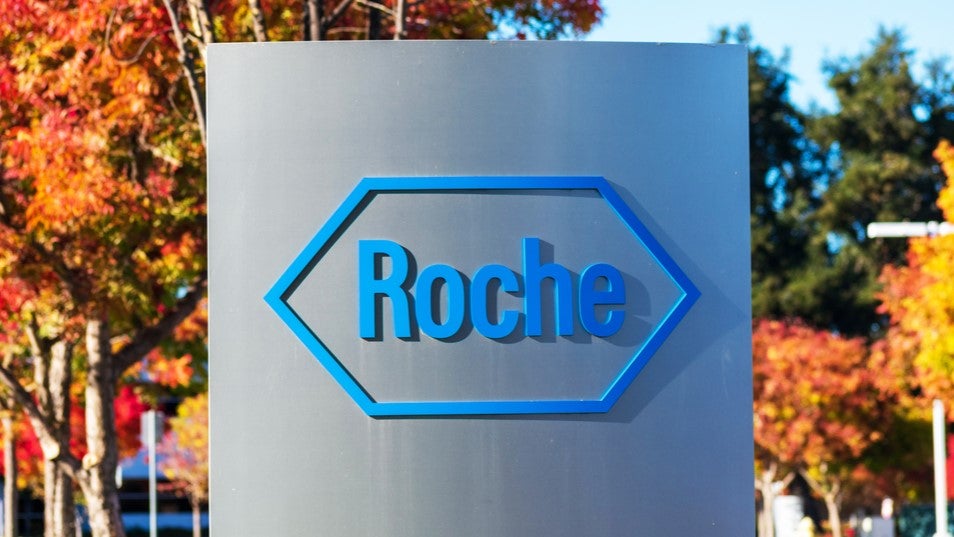
The competitive landscape of the robotic surgery market is heating up as Medtronic’s Hugo robotic-assisted surgery (RAS) system secures three new regulatory approvals in Europe, Japan, and Canada.
The general surgery indication in Europe and Canada and the Ministry of Health, Labour and Welfare approval for use in gynecologic and urologic procedures in Japan bolsters Medtronic’s strategy to drive robotic surgery adoption worldwide, tapping into a lucrative market that has been dominated exclusively by Intuitive Surgical for almost two decades.
Medtronic’s Hugo RAS system has been commercially available since 2021 in Europe but only for urologic and gynecological procedures, and the approval in general surgery spans several specialties. The company is expecting the approval to lead to a growing number of laparoscopic hernia repairs being performed via robotic surgery. Hernia surgery is the fourth most common operation in the world and a fast-growing market.
“Our biggest goal is expanding access to care, and robotic systems have the ability to enable more people to receive general surgery overall,” Dr. Carla Peron, chief medical officer of Medtronic’s Surgical Robotics, tells Medical Device Network. “We know that healthcare systems are in a tough position and the cost of health can be high. But slowly, payors are getting more comfortable with robotic surgery as we publish more evidence of the benefits of the procedure, such as reducing the length of stay.”
Globally, 4% of surgeries are performed with the assistance of a robot, and in Western Europe, 2% of procedures are done robotically, while the majority, 65%, are open surgeries, with others performed via traditional minimally invasive surgery.
RAS is touted as having several benefits over laparoscopic surgery in hernia repair, as the robot can provide three-dimensional images of the inside of the abdomen and surgeons can use stitches to sew tissue and mesh inside the abdomen. The patient is also left with tiny scars, compared to one large incision scar.
How well do you really know your competitors?
Access the most comprehensive Company Profiles on the market, powered by GlobalData. Save hours of research. Gain competitive edge.

Thank you!
Your download email will arrive shortly
Not ready to buy yet? Download a free sample
We are confident about the unique quality of our Company Profiles. However, we want you to make the most beneficial decision for your business, so we offer a free sample that you can download by submitting the below form
By GlobalDataIn comparison to the da Vinci robot, Medtronic’s Hugo utilizes a modular, multi-quadrant platform that combines wristed instruments, 3D visualization, and a cloud-based surgical video capture option.
According to Peron, training clinicians will be a big focus for Medtronic as surgeons begin to explore the robot at Medtronic’s two European sites, the Orsi Academy in Ghent, Belgium, and the Research Institute against Digestive Cancer (IRCAD) in Strasbourg, France. The system has already been installed in countries including Germany, France, Belgium, Spain, and Italy. Outside the EU, it is being used in surgical procedures at hospitals in Asia-Pacific and Latin America. In the US, the robot remains an investigational device.
Market leader Intuitive will no doubt be keeping an eye on the expansion as it continues to recover from the pandemic, which saw postponement of non-urgent procedures and supply chain difficulties that slowed production of the company’s systems.
“The market leader of general surgery robotic surgical systems is still Intuitive Surgical and will remain so for the foreseeable future. However, I think Medtronic is in a strong position to start changing that by capitalizing on its established global sales channels, improved product designs, e.g., portability of the Hugo RAS over the da Vinci system, and a growing list of marketed countries and indications of use,” says GlobalData Senior Medical Device Analyst Brian Hicks. “With a growing list of indications for use, there will be greater interest among hospitals to purchase these systems and this will accelerate the growth of the robotic surgical systems market.”







